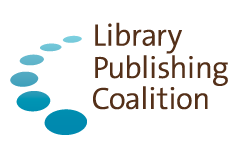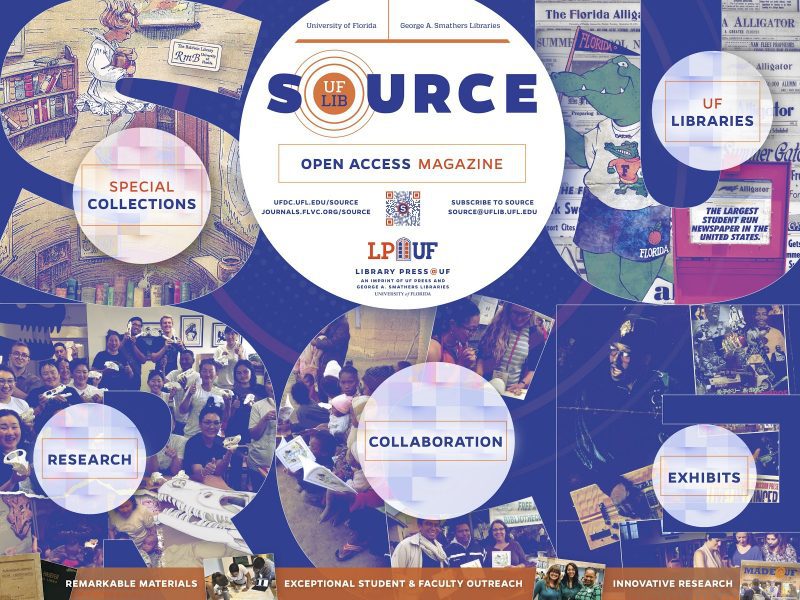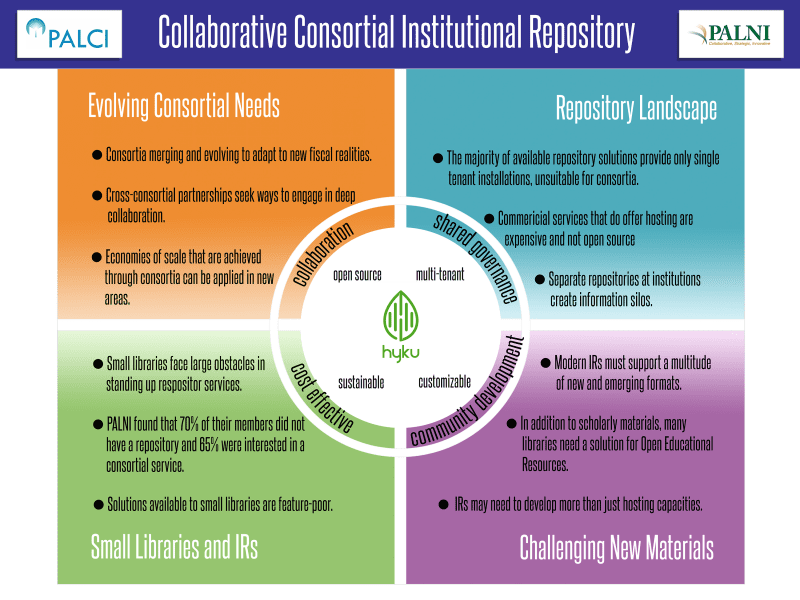August 3, 2020
Call for 2021 Entries: Library Publishing Directory and IFLA Library Publishing SIG Database
By Nancy Adams


The Library Publishing Coalition (LPC) and the International Federation of Library Associations (IFLA) Library Publishing Special Interest Group (LibPub SIG) are partnering to survey the landscape of scholarly publishing in libraries across the globe. LPC is seeking submissions for its 8th annual Library Publishing Directory. IFLA’s LibPub SIG will create a first-of-its-kind online database of global library publishing initiatives. Together, we invite you to share information about your library’s scholarly publishing activities.
All participating libraries will create a brief profile that will appear in both organizations’ online databases. Libraries that wish to be included in the print, PDF, and EPUB Library Publishing Directory can go on to fill out the full questionnaire (30-45 minutes to complete). Get started at https://librarypublishing.org/lpdq-2021. (If your library has had an entry in a previous edition of the Directory, you should have received an email with instructions on how to update it. Email contact@librarypublishing.org with questions.)
While this year the questions are in English, in future we hope to be able to translate them into IFLA’s official languages. Responses in English are strongly preferred; we may not be able to include responses in other languages.
The call for entries will close on Monday, September 14, 2020.
Thank you for joining in this great international collaboration. We look forward to your participation.
The Library Publishing Coalition Directory Committee
Janet Swatscheno, University of Illinois at Chicago, Chair
Perry Collins, University of Florida
Ellen Dubinsky, University of Arizona
Ian Harmon, West Virginia University
Laura Miller, Florida State University
IFLA Special Interest Group on Library Publishing Subcommittee
Grace Liu (Canada)
Ann Okerson (USA)
About the Library Publishing Directory
The Library Publishing Directory is an important tool for libraries wishing to learn about this emerging field, connect with their peers, and align their practices with those of the broader community. Last year’s edition featured over 150 libraries in almost a dozen nations.
The Directory is published openly on the web in PDF, EPUB, and as an online database. It includes contact information, descriptions, and other key facts about each library’s publishing services. A print version of the Directory is also produced. The 2021 edition will be published in early 2021.
About the IFLA Library Publishing SIG database
The goal of the LibPub SIG database is to document more fully the publishing activities to which IFLA’s members contribute, in order to facilitate a global community of interest and support. While this first year the focus is on scholarly/academic library publishers, in the future the SIG plans to open submissions to all types of library publishers: academic, public, and others.
Submissions will appear in an IFLA-related searchable database, easily accessible by IFLA members and friends, including LPC members.




